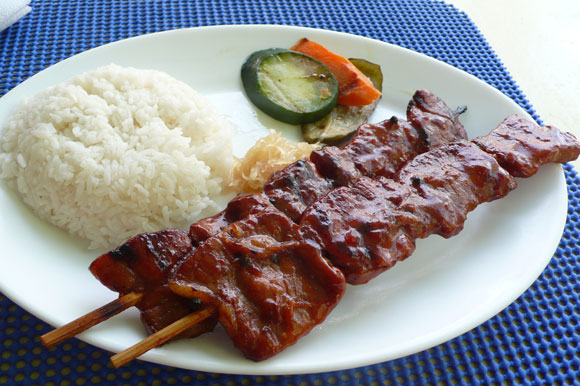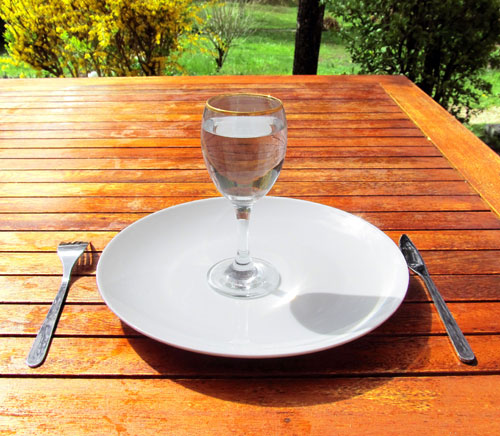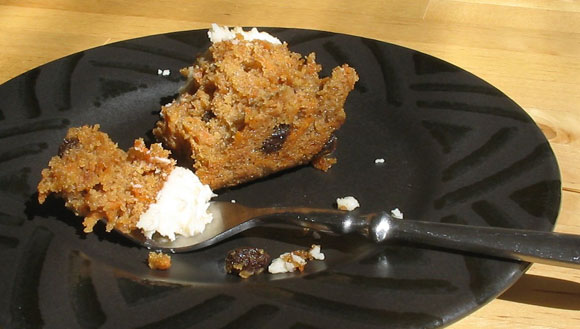
Here are some slip-ups that can thwart your efforts to drop the pounds.
You are assiduously following a low-calorie diet and sticking to your exercise regime, and yet the weight and shape you want to achieve seem a distant dream. Few things can get as frustrating as this. But you can stop this from happening to you, if you are aware of some common mistakes that people make while trying to lose weight. If you are not happy with your progress, something is definitely going wrong. Read on to see what it could possibly be.
Are your goals reasonable?
The most frequent mistake that ardent dieters make is to set unrealistic goals. If you are not satisfied with the rate at which you are losing, reassess your expectations.
If you want to shed 10 kilos in a couple of weeks, for instance, you are setting the stage for frustration. Not only is it unreasonable to expect such weight loss, it is not possible to do so in a healthy way.
Aim to lose half to one kilo per week. Remember that when it comes to losing weight, slow and steady wins the race.

Stepping on the scale first thing in the morning everyday is not a good idea, because our body weight fluctuates quite a bit on a day-to-day basis. Mostly this is water weight.
If you seem to have gained a few hundred grams overnight without eating a single extra spoonful, it does not mean you have become fatter. It is most likely because of water retention, which can happen because of several physiological factors.
Look at weekly trends to get a better picture of where you are headed.

In order to lose weight real fast, you have started skipping meals and eating as little as you can. If your answer to the question above is a yes, your body has in all likelihood gone into 'starvation mode', which is the physiological response to very low calorie intake.
In simple words, it means that your body feels that it needs to burn fewer calories because it is not getting much of them. The result is a reduced metabolic rate, which translates into you not losing weight in spite of eating too little.
Mostly, this is likely to happen if you take fewer than 1,200 calories a day. The solution is to keep your metabolic rate up by having five to six small meals a day.

Your diet chart says two medium size chapatis, a small bowl of rice, a serving of meat and you have every intention to follow it religiously. The problem is that your dietitian's understanding of a small bowl and medium size can differ considerably from yours, and your diet plan can go for a toss.
It is a good idea to ask for more clear recommendations. Be careful with high-calorie items such as nuts, which are good for health, but can contain almost sixty calories in as little as ten grams.

A seemingly small thing such as not drinking enough water can retard the rate at which you lose weight. The reason is that our body needs water to burn calories. When you are dehydrated, your metabolism slows down, which effectively means fewer calories burnt per day.
Try to drink eight or more glasses of water everyday to keep your metabolic rate up.

Attractive 'fat-free' labels can encourage you to buy (and consume) large portions of foods that are quite high in calories. Fat-free does not mean calorie-free. Look carefully at nutrition labels when buying fat-free foods.
In fact, some dietitians suggest that having a small portion of regular food is better than a large portion of a fat-free version, because it makes you feel more satisfied.

Seemingly small bites, such as a cookie you ate with tea at the neighbour's, or your child's leftover pastry can contain more than 25 calories. Four to five such bites a day can easily go unnoticed and make you feel that you are failing to lose weight inspite of following your diet.
Avoid putting anything in your mouth mindlessly. It's not worth it, because you do not appreciate what you eat and you end up consuming calories that you just do not want.

Okay, so you have not been entirely sincere with your weight loss programme. A vacation memorable for its rich meals, three weeks of not seeing the treadmill, and a few ice-cream tubs polished off can leave you feeling guilty and defeated.
Thinking that you do not have the kind of determination that it takes to lose weight, you entirely give up on your diet plan and exercise. This is the biggest mistake that you can make. Losing weight and keeping it off is a long-term goal, which means that some slip-ups along the road are to be expected.
What will determine your success is how soon you get back on track after deviating for awhile. If you eat healthy and exercise on most days, you will become and stay fit, in spite of the occasional slip-ups.